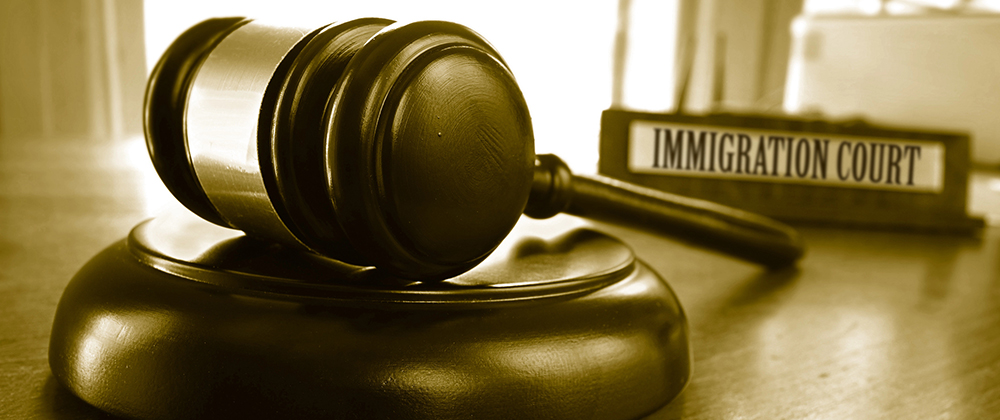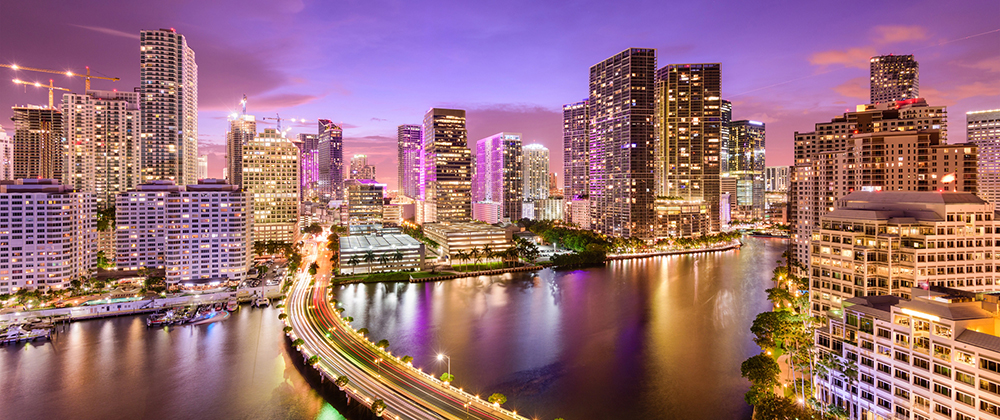The American Civil Liberties Union (ACLU), along with other civil rights groups, is suing to prevent South Carolina’s tough new illegal immigration law from taking effect in January. The lawsuit was filed last week in a Charleston federal court, and it is yet another challenge brought against states that passed ever-tougher illegal immigration laws, arguing that they are merely doing what the federal government should be doing to enforce its laws. This legal challenge has been expected since South Carolina Gov. Nikki Haley signed the bill into law on June 27th. A spokesperson for the governor pointed out that the governor herself is the daughter of legal immigrants and that the ACLU has no legal basis for their contention. “Governor Haley understands that no American value is more sacred than the rule of law. That’s what this is about-nothing more, nothing less. And if the ACLU was really about what they claim to be, they’d stay out of our business and let us enforce our laws,” said the spokesman in a statement.
The South Carolina law requires police to check suspects’ immigration status and mandates that all businesses check their hires through a federal online system. It is similar to those the ACLU is challenging in Alabama, Arizona, Utah, Indiana and Georgia. In the lawsuit, the groups say that the state violates the U.S. Constitution by attempting to regulate immigration, a “function that is constitutionally committed exclusively to the federal government.” The state’s ACLU Executive Director, Victoria Middleton, said in a statement that “by requiring local law enforcement officials to act as immigration agents, this law invites discrimination against anyone who looks or sounds ‘foreign,’ including American citizens and legal residents.” The groups attest that the new law subjects citizens and others to unlawful interrogations, prolonged detentions, and arrests. This is because individuals perceived as “foreign” by state and local law enforcement agents will be in constant jeopardy of harassment and unlawfully prolonged detention and arrest. Furthermore, a lawyer from the ACLU said in a statement that the law needs to be blocked “as it tramples our American values, interferes with federal laws and risks turning South Carolina into a police state.”
The state of South Carolina is just one more that rounds up the list of many states that have decided to legally interfere with federal immigration law. In Alabama, the stringent immigration law, which was thankfully at least partially blocked, has already caused serious consternation. Apparently, advocacy groups have told the courts that Latino residents in Alabama are being told they would have their water service cut off it they did not prove their immigration status. Evidently, the state of Alabama does not subscribe to a moral calculus in which the ends justify the means-lets hope South Carolina proves to be different.



